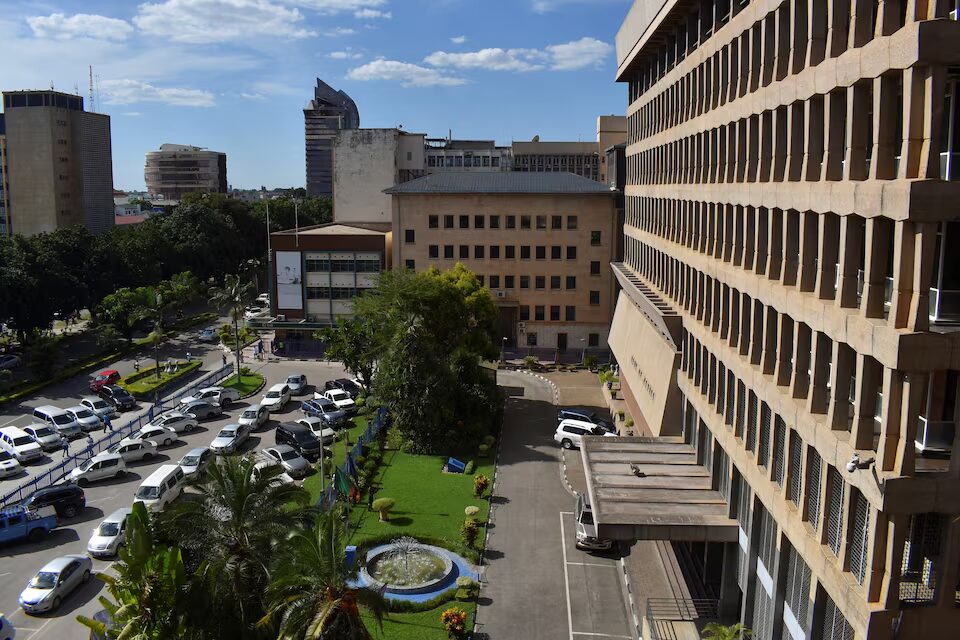
Thursday, 21st August 2025

by inAfrika Reporter
Climate impacts are here now. The UN’s Adaptation Gap Report 2024 says international public adaptation finance to developing countries rose from $22 billion (2021) to $28 billion (2022)—the biggest jump since Paris. But the gap between needs and actual flows is still enormous: an estimated $187–$359 billion per year is needed. Africa, the most climate-vulnerable region, feels that shortfall in droughts, floods and storms that keep pushing families into poverty.
One tool that works faster is parametric insurance. When drought hit Southern Africa in 2023/24, African Risk Capacity (ARC) made payouts to governments. In 2024, Zimbabwe received over $16 million; in 2025, Malawi triggered a new payout of about $3.3 million, with earlier ARC and partner support topping $11 million for El Niño drought impacts. Somalia also received a payout in March 2025. These sums are small next to the need, but they arrive quickly and can fund seeds, inputs and cash support before losses deepen.
Disasters show the stakes. Cyclone Freddy caused an estimated $1.53 billion in damage in Mozambique alone, according to a World Bank-supported assessment. Humanitarian funding helps in the short term, but sustainable recovery depends on stronger housing, early-warning systems, climate-smart agriculture, and resilient infrastructure—investments that require predictable finance, not just appeals.
What should change in 2025? First, treat adaptation as an investable pipeline. Countries and cities can bundle small, proven projects—like flood-safe roads, urban drainage, or drought-resistant seed systems—into programs that bond investors and development banks can co-finance. Second, scale layered risk finance: keep ARC for quick relief; add contingent credit for medium-scale shocks; and use catastrophe bonds for the rare, very large events. Third, measure benefits in jobs saved, farms protected and school days preserved, not only in dollars, so voters and investors see value. If finance can move from reactive to proactive, Africa can cut losses, protect growth, and give communities a fighting chance in a hotter world.


